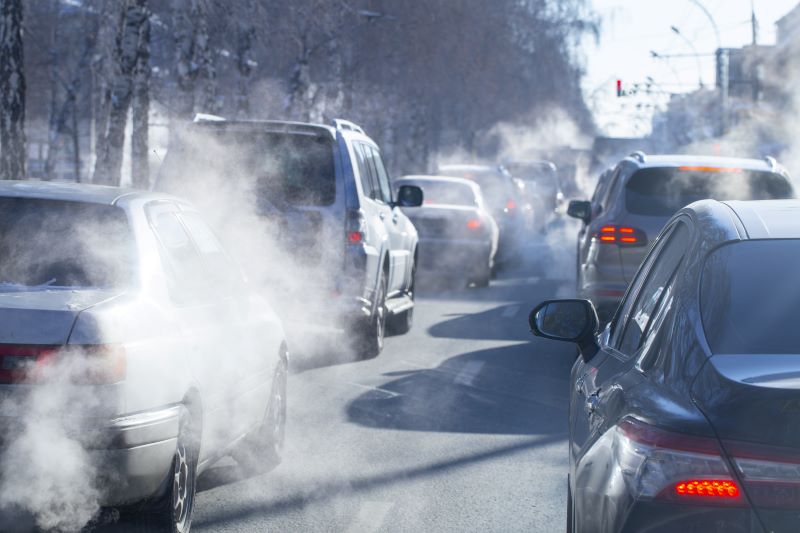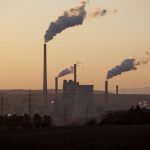Air Pollution Causes 7 Million Deaths a Year
- Categories:
- Climate Change
- Nature

What are the current limits on air pollution?
The World Health Organization (WHO) has recently changed its guidance on air pollution, lowering the recommended limits due to the deadly impact certain pollutants are having.
The new limit for nitrogen dioxide (NO2), mainly produced by diesel engines, is now 75% lower. It was originally set at 40 µg/m³ for the average annual limit, but this has now been decreased to 10 µg/m³ to reflect the damage excessive amounts of NO2 can cause.
Limits for particulate matter known as PM2.5 and PM10 have also been cut, from 10 to 5 µg/m³ and 20 to 15 µg/m³ respectively. PM2.5 is tiny particulate matter, which is particularly dangerous because it can pass through the lungs into the bloodstream and affect your other organs and has been categorised as ‘cancer-causing’
However, even these new limits should not be considered safe and reducing pollution as much as possible should be the aim. The WHO is urging nations to tackle dirty air to save millions of lives.
Is air pollution really causing deaths?
In short, yes. Air pollution kills at least 7 million people a year, the WHO said, while a recent study estimated 8.7 million early deaths from coal, oil and gas burning in 2018 – 20% of all deaths.
Pollution cuts an average of two years from the lives of the global population, and up to six years in highly polluted nations such as India.
The WHO Director-General has stated that “air pollution is a threat to health in all countries”. However, it is estimated that more than 90% of the global population already breathes air containing high levels of pollutants, meaning almost all of us are in danger.
Only recently are governments starting to take air pollution as a cause of death more seriously, but steps are hopefully being taken in the right direction. The tragic death of Ella Kissi-Debrah in South London in 2018 was found to be caused, at least partly, by exposure to excessive air pollution – a historic ruling in the UK.
London is not the only city experiencing high levels of pollution. In fact, every one of the 100 most populous cities exceeded the limit for pollutants in the air, with Dehli exceeding this limit by a shocking 17 times.
It can no longer be ignored that excessive air pollution is severely dangerous and is causing deaths across the world – but what can be done about this?
What can be done to stop air pollution?
Air quality must become a priority for governments across the world, with measures put in place to limit the levels of pollution as much as possible.
The answer to tackling climate change also provides the answer to tackling air pollution ‒ we need to stop burning fossil fuels and producing exhaust fumes from petrol and diesel-powered vehicles. Instead, we should keep fossil fuels in the ground and turn to renewable energy sources and electric power faster.
Here at SearchScene, we believe passionately in saving our beautiful planet and the people and creatures that call it home. That is why we donate 95% of our profits to those charities campaigning for climate action and measures on things like air pollution.










